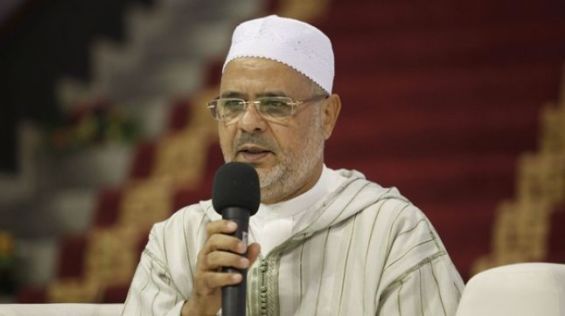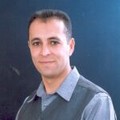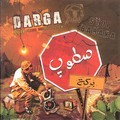How do you assess the mission of the International Union of Muslim Scholars you are heading now ?
The International Union of Muslim Scholars (IUMS) has been around for only 18 years, yet it has become a prominent organization in the Islamic World. Headquartered in Qatar, the Union has members in all continents and countries. When it comes to its mission and activities, the Islamic body has developed its institutions and expanded its scientific projects.
Do you consider adopting a new approach as a chairman of the IUMS ?
I am currently working with a group of deputies, advisers and bodies, headed by the Board of Trustees on that. We are planning to benefit from the positive projects I spoke about and try to develop some aspects. We will work on improving the Union's institutions, its central administration and its way of working by embracing new memberships and maintaining good relations with official and secular bodies when dealing with political issues.
What about countries in the Union that appear on terrorism-related lists ?
If they continue campaigning against the Union and its scholars, we will have nothing to do. The ball is in their court as they say. But if they decide to reach for us, we will be happy to do the same and serve the Islamic Ummah.
What do you think the Union's members who got arrested by some Arab countries ?
We support these oppressed people and we will continue campaigning in their favor and calling for their release.
What do you think of the wave of normalization with the Zionist entity, which has increased recently ?
Our position on normalization is a principled position that does not change.
What would you do to bring Islamic doctrines together ?
When powerful states get involved in these conflicts, they nurture the issue and make it look bigger. At that point it becomes hard for us (scholars) to react to that and fight against it. Unfortunately, it is no longer a simple dispute that can be solved in one day as it turned into a big conflict that involves alliances, states and politics.





 chargement...
chargement...













